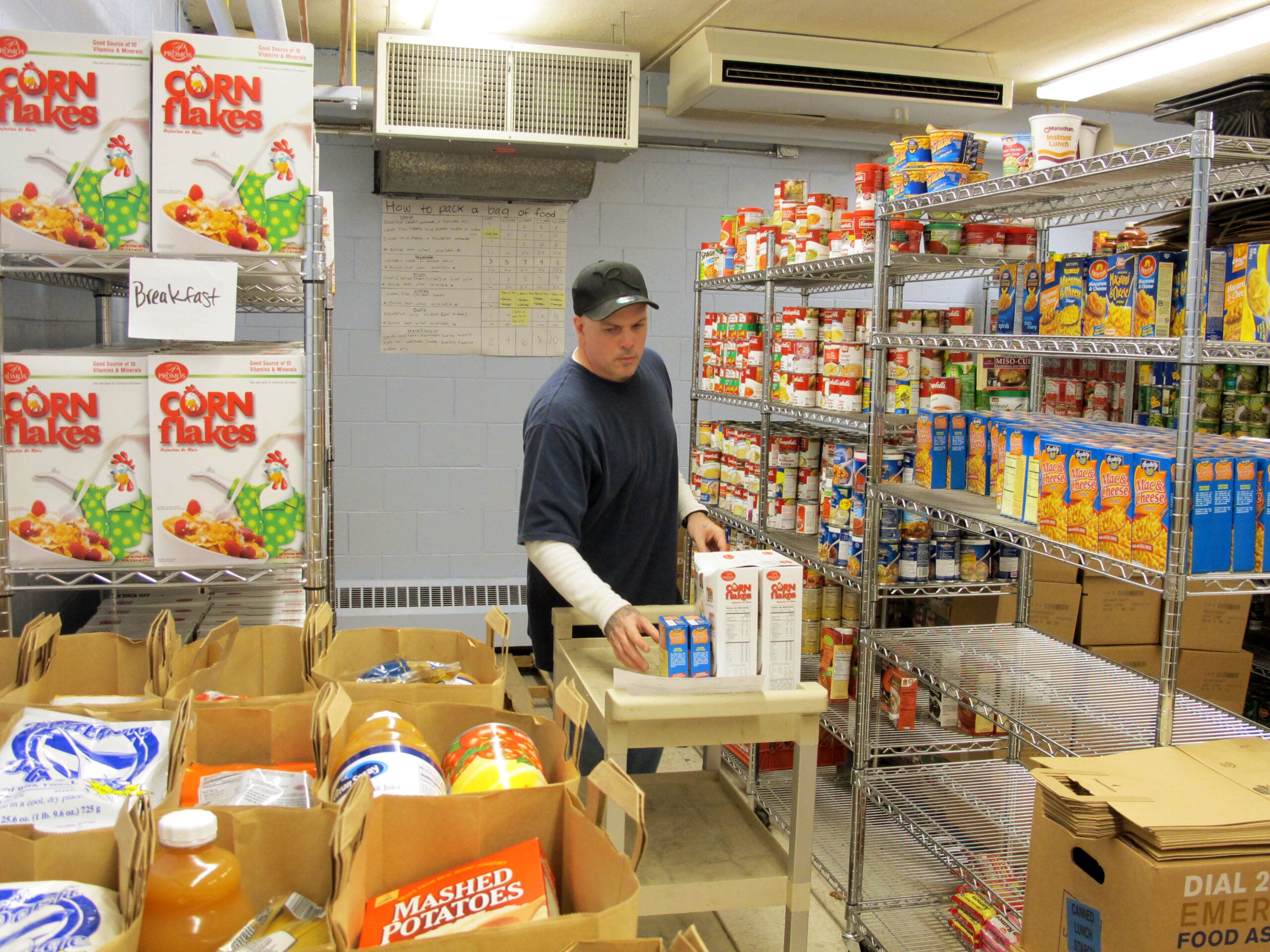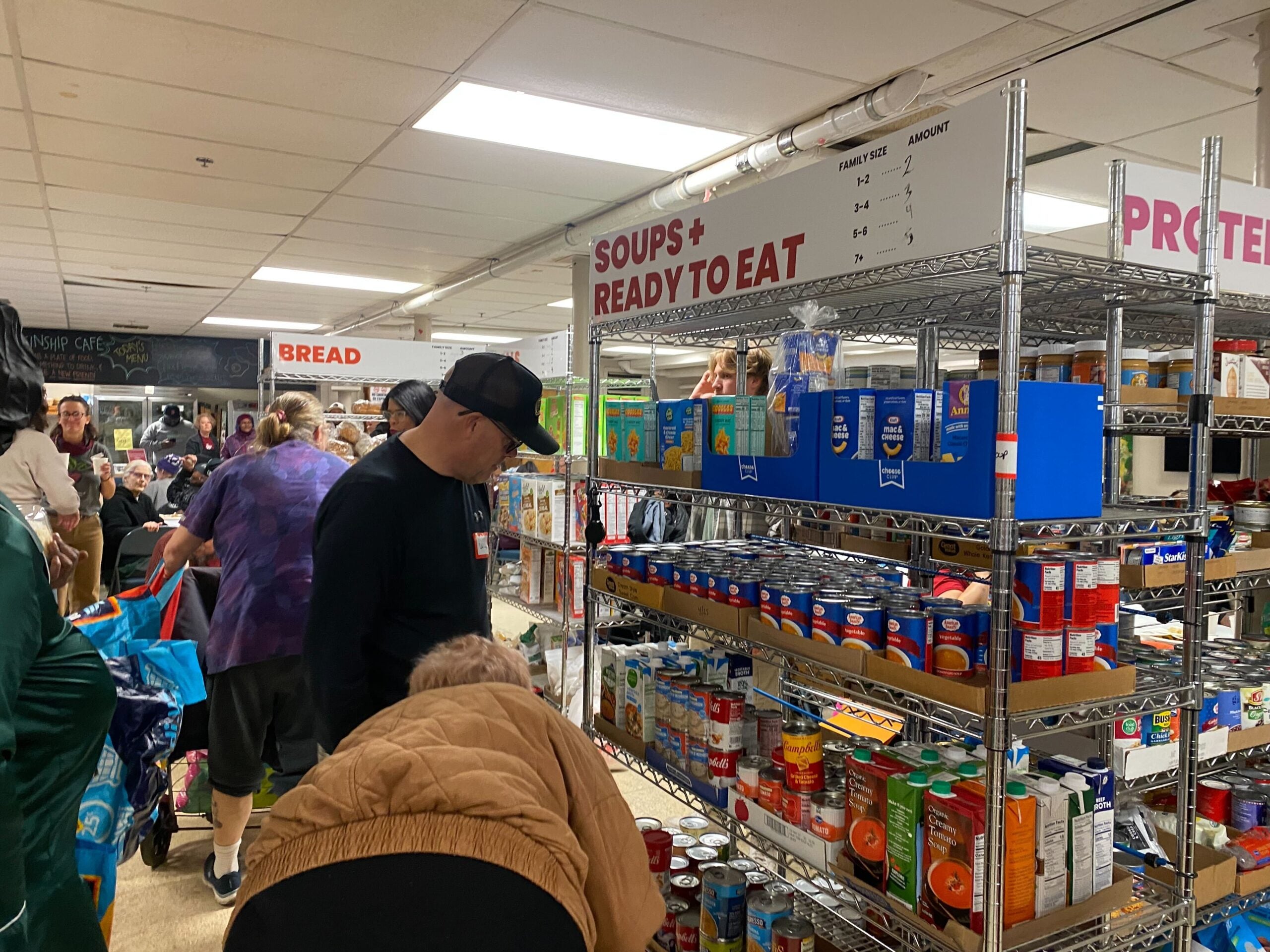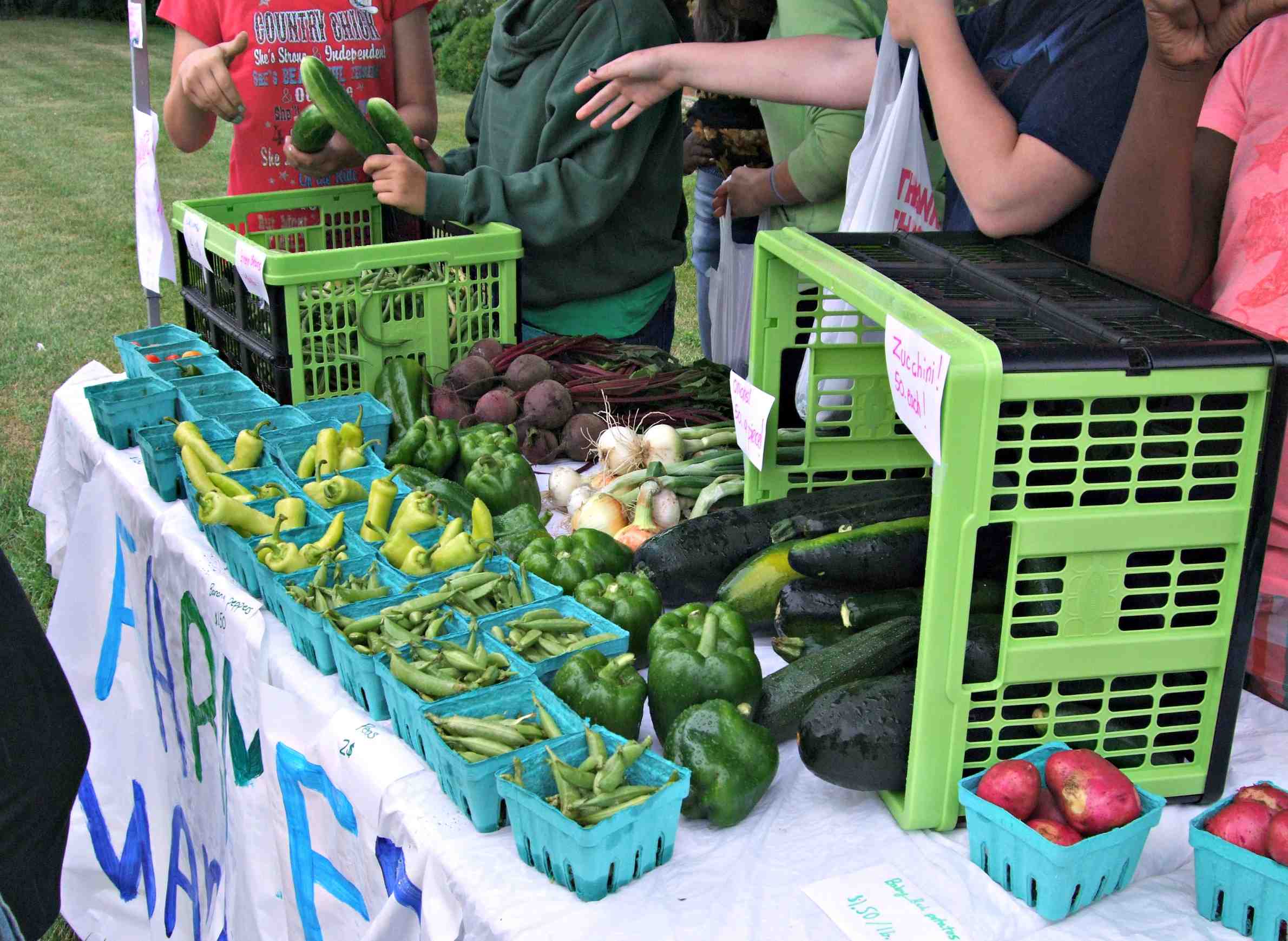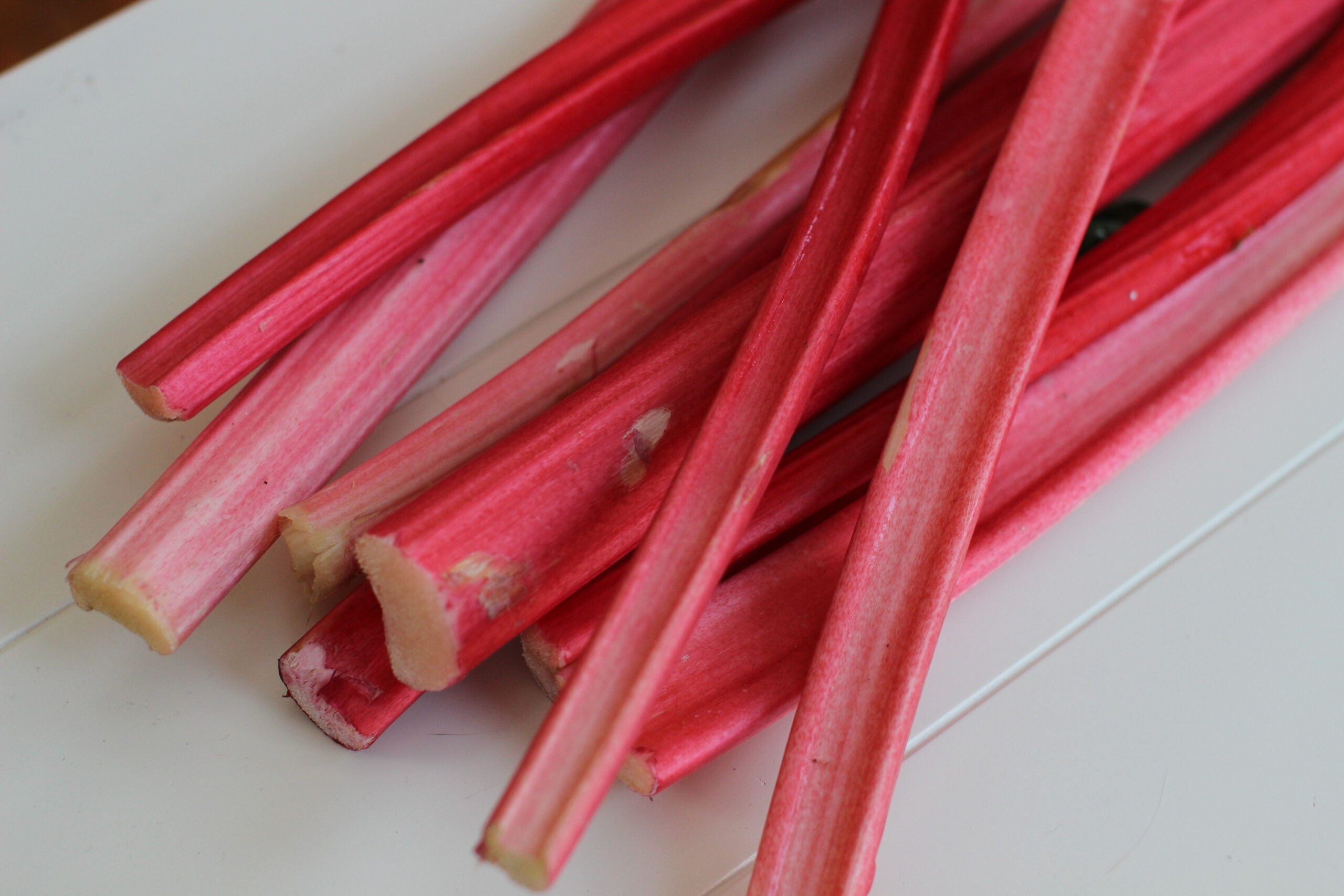With every food choice you make, you’re shaping the future. That’s according to a nutrition expert who shares her tips for foods that are good for your health and for the planet. Then we talk to an economics expert about Wisconsin’s manufacturing sector and how it affects the latest job numbers.
Featured in this Show
-
5 Tips For Making Food That's Healthy For You, The Planet
A Harvard-trained nutrition scientist said a few smart choices can help people eat healthy and be kind to the planet without depriving themselves.
P.K. Newby, the co-author of “Foods for Health: Choose and Use the Very Best Foods for Your Family and Our Planet,” offers five tips for a healthy and sustainable diet:
1. Make plants the star.
Most Americans don’t get enough whole plant foods, especially vegetables, said Newby.
“There is a whole wide world of greens out there that are gorgeous, tasty, (and) crisp,” said Newby, who also writes the blog, “The Nutrition Doctor Is in the Kitchen: Cooking and Eating the PK Way,” She recommends choosing fresh and organic vegetable as much as possible. That said, frozen, conventional or no-salt canned vegetables are good options too.
“Use all the parts of the plant, from roots to leaves, which reduces food waste, helps make the most of your food dollar, and helps you get the most nutrition,” said Newby.
2. Don’t fear the fat.
Not all fats are the same, and they can be part of a heart-healthy diet, said Newby. She recommends mono- and poly-unsaturated fats like olive oil, sunflower oil and canola oil.
3. Remember: Not all carbs are created equal.
While refined grains like white bread can wreak havoc on blood sugar and general health, whole grains are related to lower weight and better health, said Newby.
4. Go lean with protein.
Newby encourages replacing meat with lean proteins like beans, legumes, nuts, and sustainable seafood.
“They are better for you, and better for the environment due to the high environmental cost of producing meat,” she said.
According to Newby, even grass-fed beef, while healthier for your body than mass-produced meat, still produces 21 times more potent planet-warming gases than carbon dioxide.
5. Cook … and cook some more.
Cooking is much healthier, said Newby, because you’re controlling what goes into your food, as well as the portion size. That way, you can balance variety with moderation.
There are many simple tricks to make plant-based meals delicious, says Newby, like this autumn harvest salad with maple dijon vinaigrette.
-
Foods For Health: How To Choose Foods That Are Good For You AND The Planet
With every food choice you make, you’re shaping the future. That’s according to our guest nutrition expert, who shares tips on how to choose foods that are good for your body and for the planet.
-
How Viable Is Wisconsin's Manufacturing Sector?
Wisconsin is one of just a handful of states in which manufacturing is a key driver of the economy. In fact, it is the single largest employer in the state. What does this mean for Wisconsin’s economic future?
Episode Credits
- Rob Ferrett Host
- Veronica Rueckert Host
- Marika Suval Producer
- Amanda Magnus Producer
- P.K. Newby Guest
- Abdur Chowdhury Guest
Wisconsin Public Radio, © Copyright 2025, Board of Regents of the University of Wisconsin System and Wisconsin Educational Communications Board.





